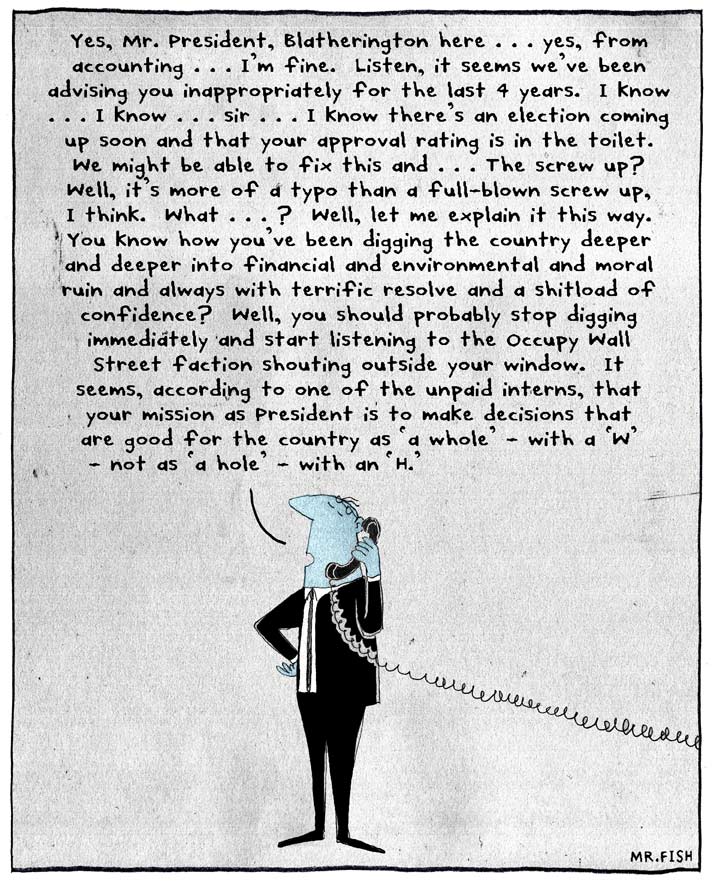n2doc
n2doc's JournalMarines promoted inflated story for Medal of Honor recipient
By McClatchy Newspapers,
WASHINGTON — With Dakota Meyer standing at attention in his dress uniform, sweat glistening on his forehead under the television lights, President Barack Obama extolled the former Marine corporal for the “extraordinary actions” that had earned him the Medal of Honor, the nation’s highest award for valor.
Obama told the audience in the White House East Room on Sept. 15 that Meyer had driven into the heart of a savage ambush in eastern Afghanistan against orders. He’d killed insurgents at near-point-blank range, twice leapt from his gun turret to rescue two dozen Afghan soldiers and saved the lives of 13 U.S. service members as he fought to recover the bodies of four comrades, the president said.
But there’s a problem with this account: Crucial parts that the Marine Corps publicized and Obama described are untrue, unsubstantiated or exaggerated, according to dozens of military documents McClatchy Newspapers examined.
Sworn statements by Meyer and others who participated in the battle indicate that he didn’t save the lives of 13 U.S. service members, leave his vehicle to scoop up 24 Afghans on his first two rescue runs or lead the final push to retrieve the four dead Americans. Moreover, it’s unclear from the documents whether Meyer disobeyed orders when he entered the Ganjgal Valley on Sept. 8, 2009.
The statements also offer no proof that the 23-year-old Kentucky native “personally killed at least eight Taliban insurgents,” as the account on the Marine Corps website says. The driver of Meyer’s vehicle attested to seeing “a single enemy go down.”
more
http://www.washingtonpost.com/world/national-security/marines-promoted-inflated-story-for-medal-of-honor-winner/2011/12/14/gIQAlhYwuO_story.html?tid=pm_pop
Elephant Seal Travels 18,000 Miles in 1 year
ScienceDaily (Dec. 13, 2011) — A team of WCS conservationists has reported that a young male elephant seal tracked for the past year swam an astonishing 18,000 miles -- the equivalent of New York to Sydney, Australia -- and back again.

WCS tracked the male seal, nicknamed Jackson, from December 2010, to November 2011, after tagging him on a beach in Admiralty Sound in Tierra del Fuego, Chile. Conservationists fitted Jackson with a small satellite transmitter that recorded the locations where he surfaced to breathe.
After being tagged, Jackson swam 1,000 miles north, 400 miles west, and 100 miles south. All the while, he meandered though fjords and ventured past the continental shelf as he foraged for fish and squid.
Elephant seals are potential indicators of ocean health and may show how climate change influences the distribution of prey species in Patagonia's rich marine ecosystem. To protect this vast region, conservationists need to know how wildlife uses it throughout the year.
more
http://www.sciencedaily.com/releases/2011/12/111213110527.htm
Alzheimer's Drug Candidate May Be First to Prevent Disease Progression, Mouse Study Suggests
ScienceDaily (Dec. 14, 2011) — A new drug candidate may be the first capable of halting the devastating mental decline of Alzheimer's disease, based on the findings of a study published in PLoS ONE.
When given to mice with Alzheimer's, the drug, known as J147, improved memory and prevented brain damage caused by the disease. The new compound, developed by scientists at the Salk Institute for Biological Studies, could be tested for treatment of the disease in humans in the near future.
"J147 enhances memory in both normal and Alzheimer's mice and also protects the brain from the loss of synaptic connections," says David Schubert, the head of Salk's Cellular Neurobiology Laboratory, whose team developed the new drug. "No drugs on the market for Alzheimer's have both of these properties."
Although it is yet unknown whether the compound will prove safe and effective in humans, the Salk researchers' say their results suggest the drug may hold potential for treatment of people with Alzheimer's.
more
http://www.sciencedaily.com/releases/2011/12/111214162108.htm
Profile Information
Gender: Do not displayMember since: Tue Feb 10, 2004, 01:08 PM
Number of posts: 47,953






